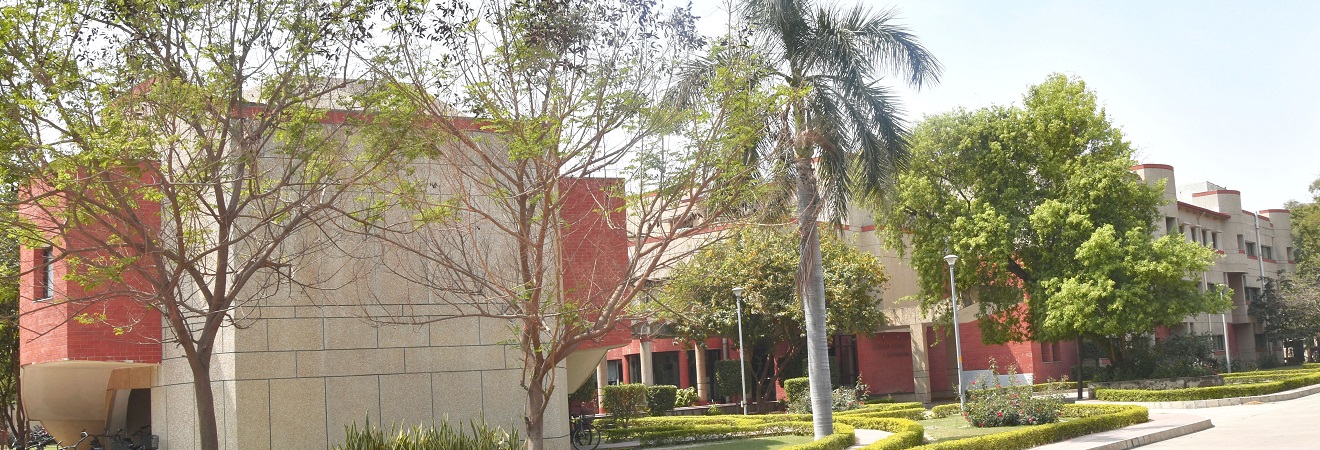 Debanjan Dasgupta, Assistant Professor
Debanjan Dasgupta, Assistant Professor
This email address is being protected from spambots. You need JavaScript enabled to view it.
(91) 512-679-2462
Lab-303, MFCEM
Link to Lab Webpage
Dr. Debanjan did his Ph.D. in Neuroscience from Molecular Biophysics Unit, Indian Institute of Science, Bangalore in 2016. During his Ph.D. he used in vitro patch clamp and imaging methods to decipher a crucial plasticity paradigm in fast spiking interneurons in the Dentate Gyrus. Following that, he joined The Francis Crick Institute, London and University College London as a postdoctoral fellow. Under the guidance of Prof. Andreas Schaefer, he studied the olfactory system to decipher a fundamental concept in the field showing that mammals can perceive temporally dynamic odour stimuli. Furthermore, he used in vivo patch clamp recordings and extracellular recordings to find that neurons in the olfactory bulb can couple to such temporally fluctuating odour signals. He then joined the UK Dementia Research Institute, UCL as a Senior Research Fellow. During his tenure at the DRI, he used in vivo patch clamp in the hippocampal neurons to understand mechanistically how hippocampal neurons in a tau animal are functionally different than those in the control animals.
The brain is one of the most complicated organs and the neuronal circuits forms the key framework which helps generate the multiple behavioural patterns that we see around us. We are interested in exploring these circuits to unravel the circuit mechanisms underlying behaviours in the healthy and diseased brain.
Our lab has 2 major goals to achieve in the coming years:
- Understanding how the sensory world around us help create logical concepts of the world like spatial landmark.
- Understanding how such circuits malfunction in conditions like Dementia.
We will use a variety of state-of-the-art electrophysiological tools like Neuropixel recordings, in vivo and in vitro patch clamp recordings and rodent behavioural assays to follow these exciting questions.

